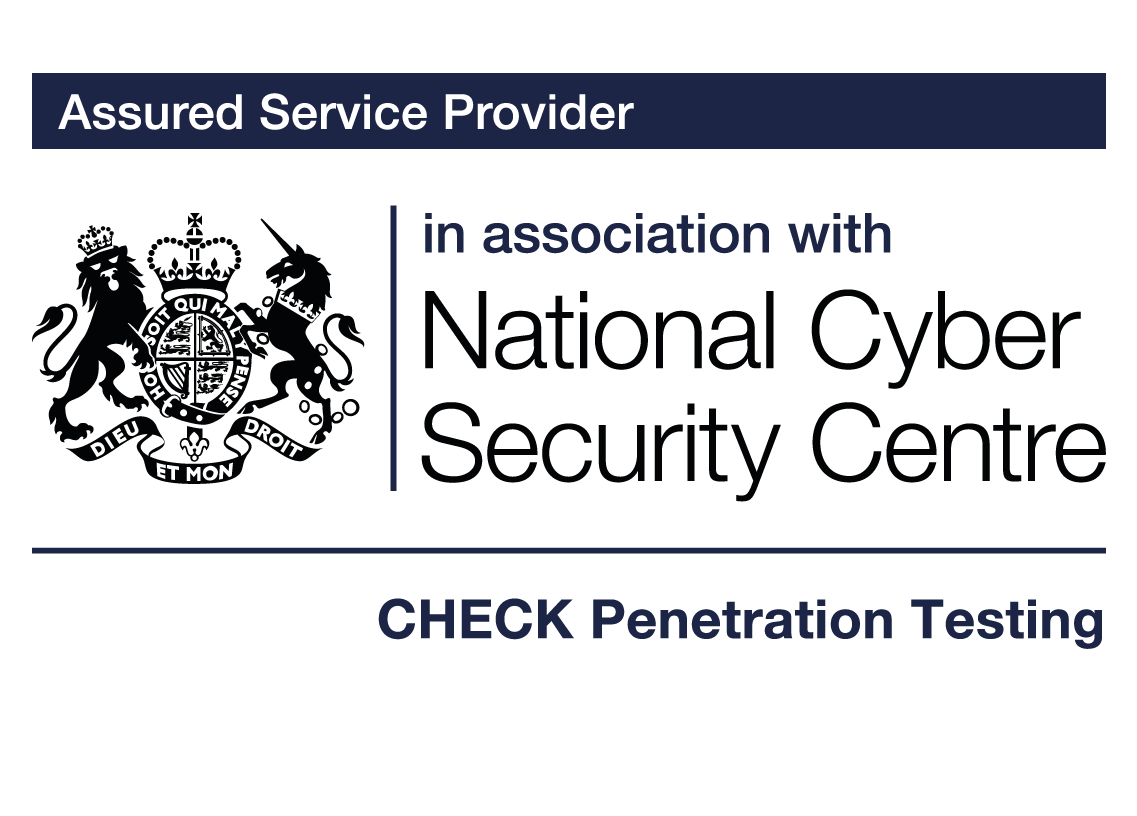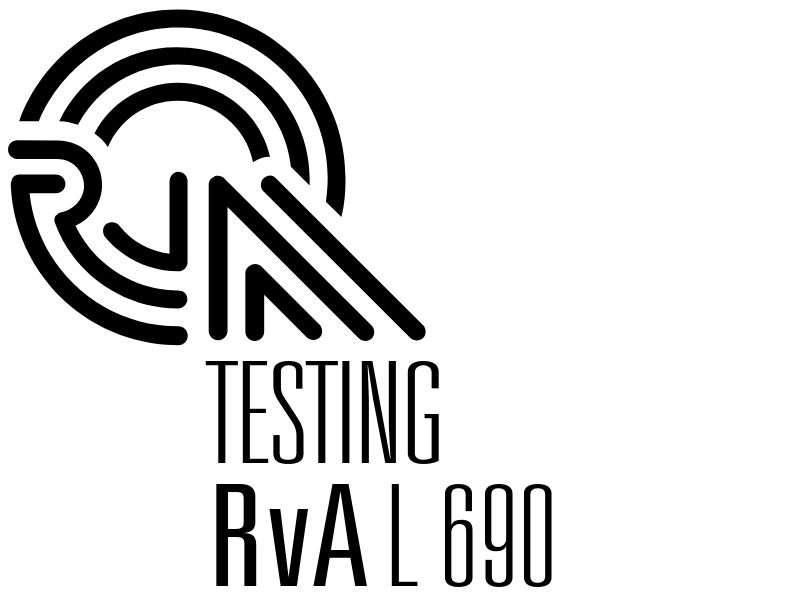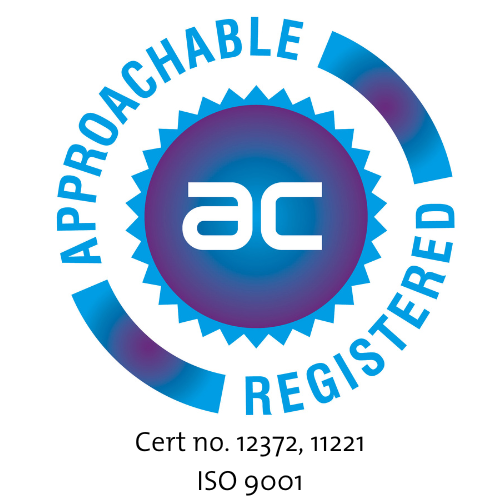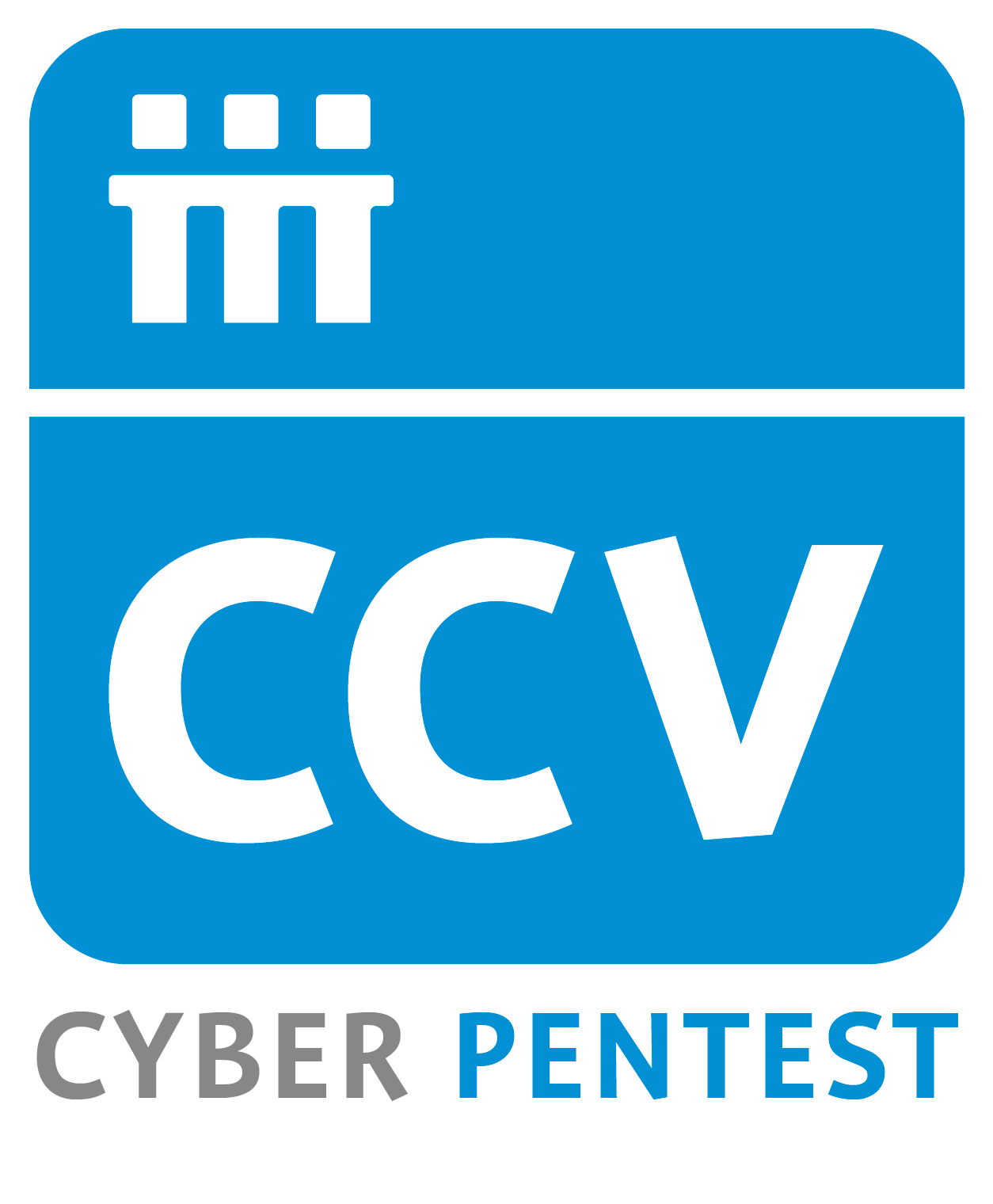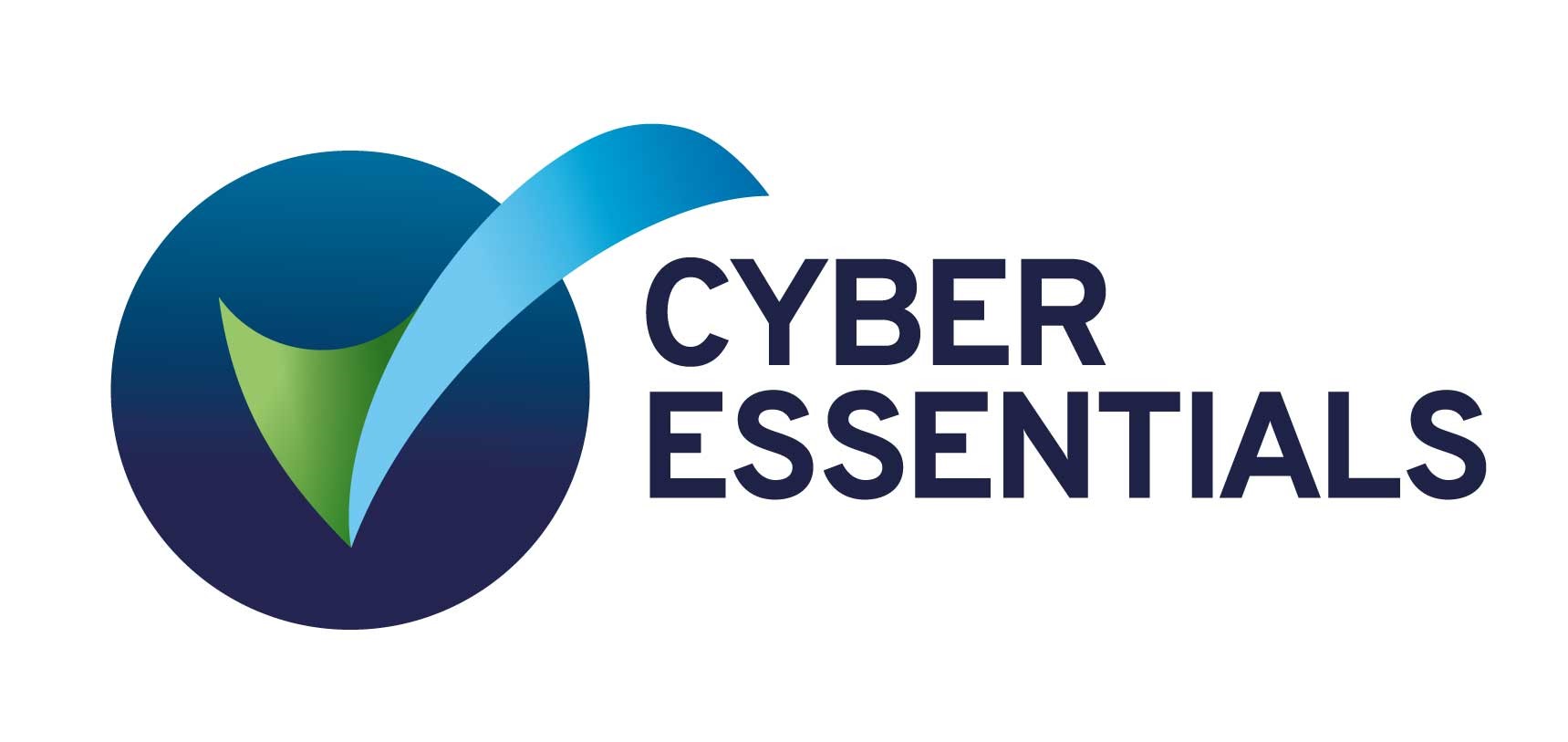Resillion: Supporting Energy Digitalisation
The global energy industry faces immense challenges:
- Net Zero targets are driving many types of energy consumption to electricity at the point of use instead of fossil fuels: electric vehicles rather than internal combustion engines, heat pumps rather than gas boilers, etc.
- On the generation side, the same Net Zero targets mean a shift from predictable oil, coal and gas power stations to renewable but less predictable generation such as solar and wind
- The geopolitical landscape introduces uncertainties for customers around the cost of energy and continuity of supply
Digitalisation is a key tool in addressing these challenges. It enables energy systems to become smarter and more connected, from generation, to transport, distribution and consumption.
- Energy demand can be better managed to align with sustainable but less predictable forms of generation.
- Giving consumers more visibility and control over their energy use allows them to make informed choices and manage their energy costs.
- Fine-resolution usage data and open APIs creates new commercial models and market opportunities.
As a leader in Quality Engineering and Cyber Security for digital systems, platforms and devices, Resillion provides vital support for Digitalisation across the whole of the Energy value chain. We work with companies generating, distributing and retailing electricity, with specialised communication network providers, with research organisations, and with government departments and regulatory bodies.
Digital Systems
All businesses in the Energy industry, whatever their role, increasingly rely on software systems, data networks, web applications, and automation of business processes. Resillion accelerates the implementation of digital systems and ensure quality, reliability and performance.
Communication Networks
The modern energy industry relies as much on communication networks as on distribution of energy. Specialised networks carry data to support billing, customer switching, and energy flexibility services.
For one major communication provider, Resillion helped implement an approval process for third party providers, by selecting, customising and deploying a specialised test case management solution that is seamlessly integrated into the onboarding process for new partners. Cloud hosted, and accessible by the provider and partners, the solution is continually updated with the latest requirements and ensures new partner systems have no adverse impact on the wider network.
Distribution and Retail
In energy distribution and retail, digitalisation supports modernisation in the network and helps to deliver a better customer experience.
Resillion works with a major Distribution Network Operator who is investing in the drive to Net Zero: meeting the increased demands from electrification of heat and transport, ensuring efficient energy delivery, and reducing energy losses. This intensive program is enabled by a new digital workforce and asset management solution. Resillion supports the ongoing development of the solution with assurance services matched to the specific requirements in this DNO context, including performance testing and automated functional testing.
Since 2010 we have also been the digital testing partner of choice for a vertically integrated energy company operating distribution networks and energy retail services for home, small business and commercial energy users. This company is actively supporting customers adopting green energy solutions, including heat pumps, EV charging, solar generation and electric heating.
Devices
The digitalisation of energy extends right down into devices and appliances used in homes and businesses. Smart metering was the start of this evolution, and in the future appliances such as heat pumps and EV chargers will play a part in the energy flexibility services that will help maintain supply and stability in the grid.
Interoperable Demand Side Response
The UK Government Department for Energy Security and Net Zero is investing £1bn in a Net Zero Innovation Portfolio of programmes. Within this, up to £65m will be spent on a Flexibility Innovation Programme (FIP) which will support the development of technologies, standards and solutions across energy markets, data and digitalisation, and integrating systems for flexibility.
Resillion is the lead company in a consortium delivering demonstrations and performance testing as part of the Interoperable Demand Side Response (IDSR) programme, within the FIP.
Conventionally, electricity generation has been managed to meet demand. A Net Zero world will see electrification at huge scale of energy use such as heating (heat pumps, electric home heating) and transport (electric vehicles). At the same time, renewable generation such as wind, solar and tide will make up an increasing proportion of total generation capacity. This will require a reversal of the model, and demand to be ‘flexed’ to align with available generation capacity.
The Interoperable Demand Side Response (IDSR) Programme aims to support the development and demonstration of energy smart appliances (ESA). An ESA is an appliance such as a heat pump, EV charger, electric heating system, electric hot water cylinder, home battery storage system, or potentially white goods, which can vary its electricity demand according to requests from a Demand Side Response Service Provider (DSRSP). The DSRSP uses flexibility capacity from a large managed base of ESAs to respond to grid objectives such as reducing total demand during periods of limited generation capacity, or keeping peak demand below a certain threshold to ensure grid stability.
With industry and academic partners, Resillion is designing and delivering a series of projects that will demonstrate Demand Side Response scenarios using ESAs and DSRSP platforms from multiple developers and manufacturers in the IDSR programme. Demonstrations include interoperability between manufacturers, in conditions indicative of real-world deployment in homes and small businesses.
As part of the IDSR programme, these demonstrations will help to inform the further development of the PAS1878/1879 standards for Energy Smart Appliances, and future policy and regulatory decisions.
Smart Metering
Our customer is investing in deploying smart meter assets and technology to as many homes and businesses as possible. Before any new technology is deployed it must pass through a rigorous testing process to ensure conformance, reliability, interoperability with other systems and with other smart meter devices such as in-home displays and smart gas meters.
Resillion provides expertise to support the execution of test schemes within a dedicated laboratory which tests smart meter equipment and communication network assets.
In addition, we are developing an extensive test and assurance infrastructure for meter asset testing, including a test automation framework. Based on leading edge software engineering tools and practices, this infrastructure will allow continual development and improvement of test schemes, deployment of updated tests into the framework, and extremely rapid and efficient execution of test suites on all new meter assets.
Cyber Security
Like all ‘digital first’ businesses, or companies going through a digital transformation, organisations in the Energy industry need to design and engineer their systems and processes for cyber security, protecting the integrity of the critical infrastructure they operate as well as the security and privacy of their customers.
Achieving this requires a cyber security partner who understands the unique requirements of the Energy industry, whether that’s unique attack surfaces created by specific technologies and architectures, or the data, systems and access requirements that underpin energy flexibility and developing commercial models.
Distributed Wind Farm Network
Our customer operates onshore wind farms across several European countries, and is growing rapidly through the addition of further new sites.
Unusually within the industry, this operator has a policy of interconnecting Operational Technology systems in all its locations using the internet, and managing operations remotely. This presents a unique and complex challenge, where the attack surface needs to be protected across the infrastructure.
Resillion is harmonising cyber security measures and practices to a common baseline across the entire network. This work includes process and systems assurance, gap analysis in new systems being integrated, and penetration testing.
SCADA in the Critical National Infrastructure
The nature of facilities in the critical national infrastructure for energy generation, and some of the materials handled, necessitates the very highest levels of security, and this extends to the digital systems in use.
Resillion’s teams are expert in some specific systems used, including Supervisory Control and Data Acquisition (SCADA) systems used to manage complex technology processes distributed across large geographic areas, and the unique attack surfaces and potential vulnerabilities these systems risk presenting.
Working with a major organisation across multiple locations, Resillion helps to ensure security through Penetration Testing and Simulated Adversarial Attacks.
Distribution Networks
In Europe, Resillion works with an operator of electricity and gas networks, supplying over 3 million households and businesses. Digitalisation is at the core of their strategy and is a key enabler for network management and reliability, customer choice and value, and integration of leading-edge technology.
Resillion provides cyber security assurance in this operator’s back-office systems. The latest generation energy networks depend on data from smart meters to enable flexibility services, support dynamic tariffs and business models, and ensure cost effectiveness for end users. Resillion ensures that the operator can provide access to this data for authorised parties offering innovative services, while ensuring privacy and security against malicious intent.
Our Accreditations and Certifications
